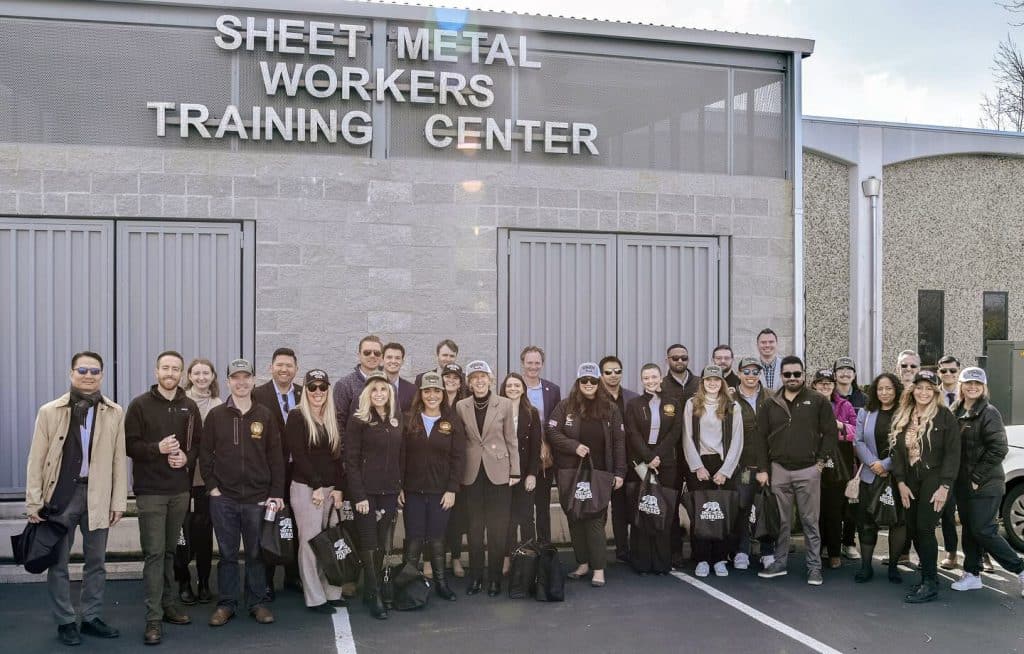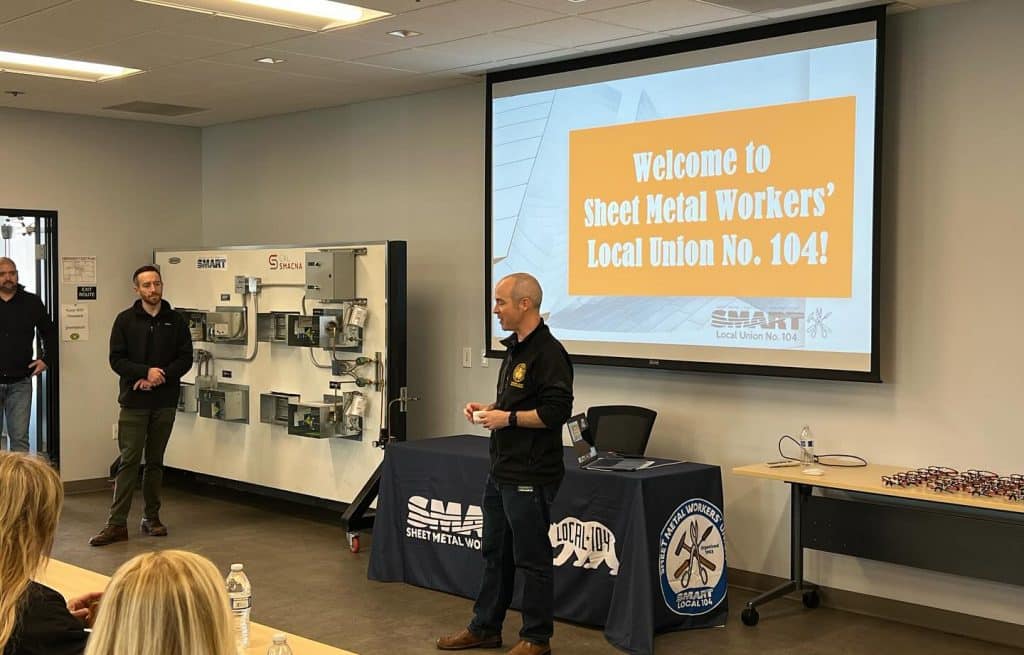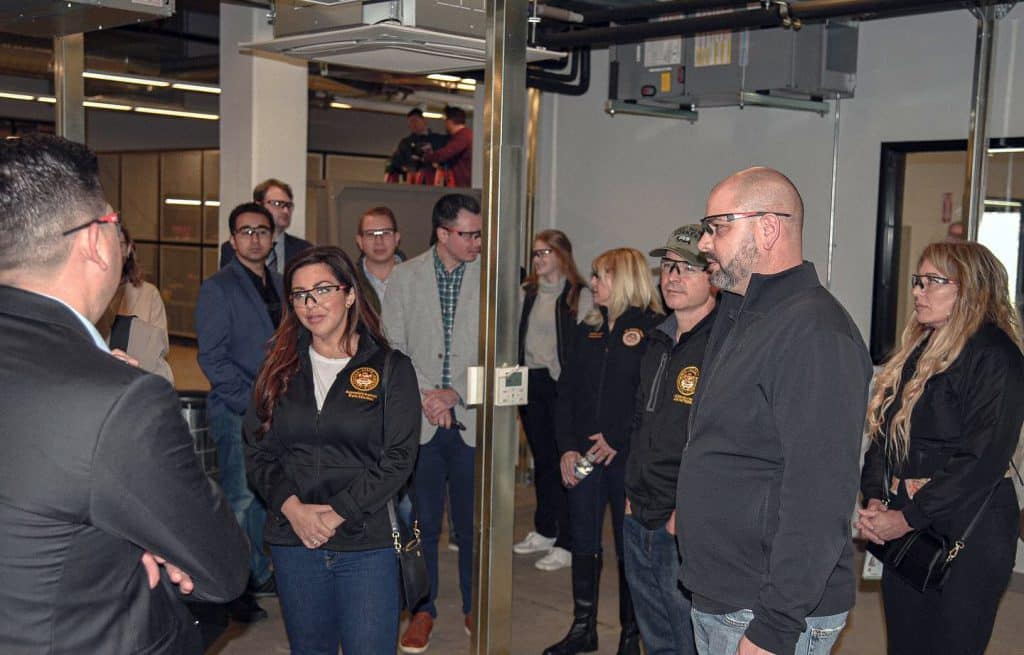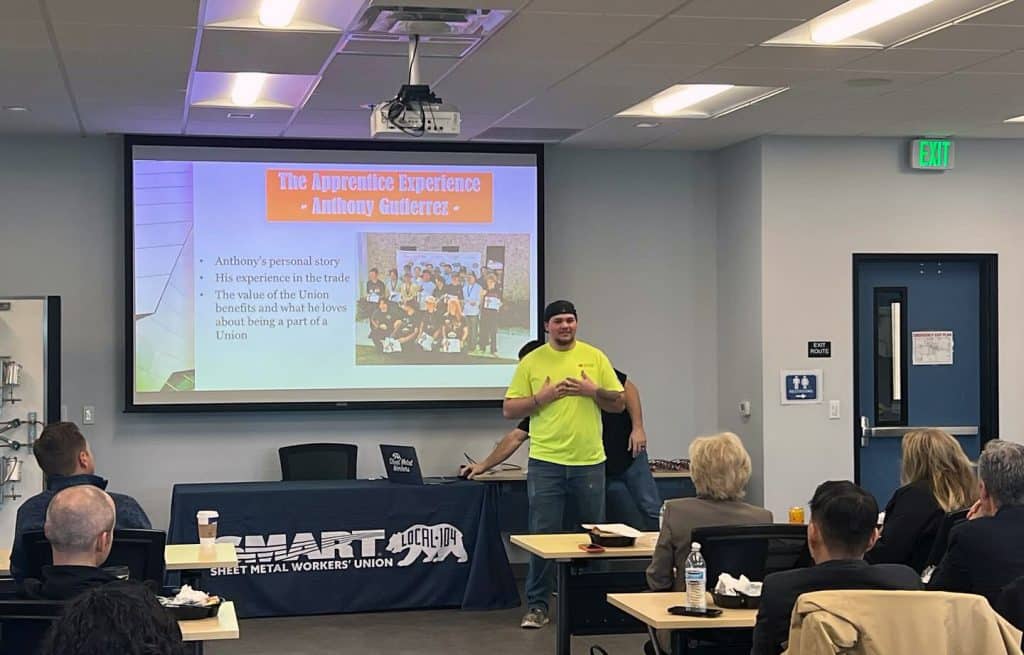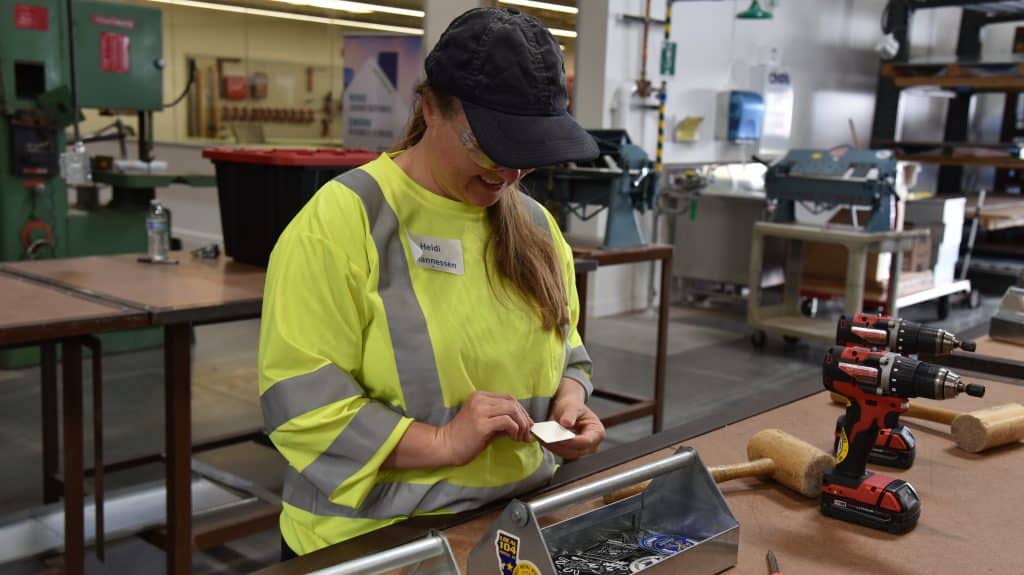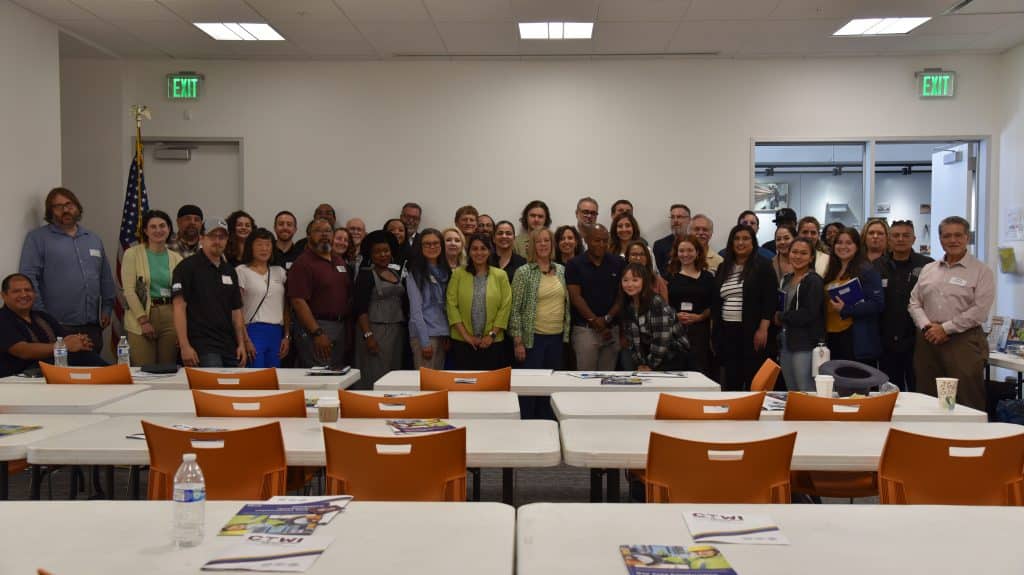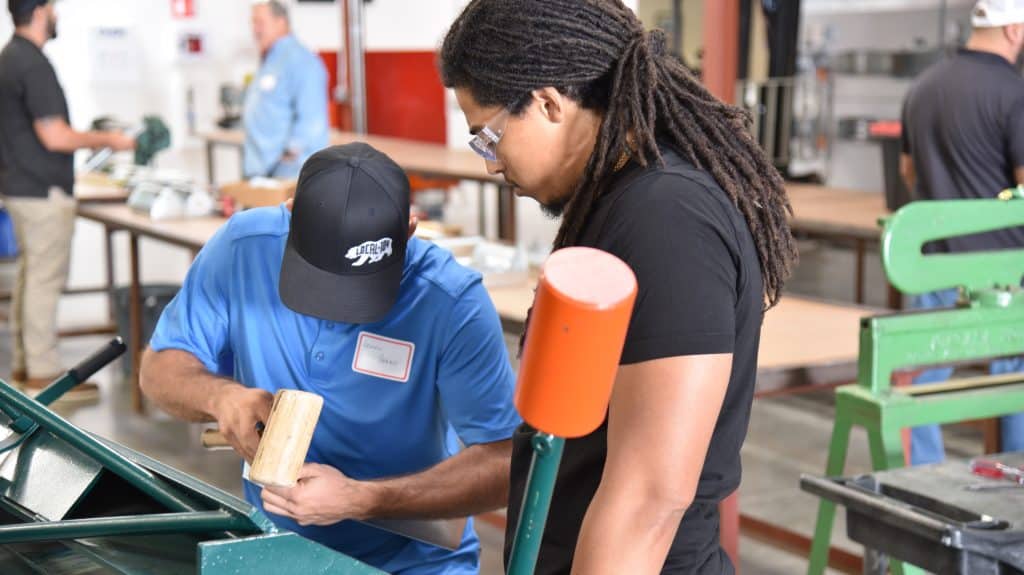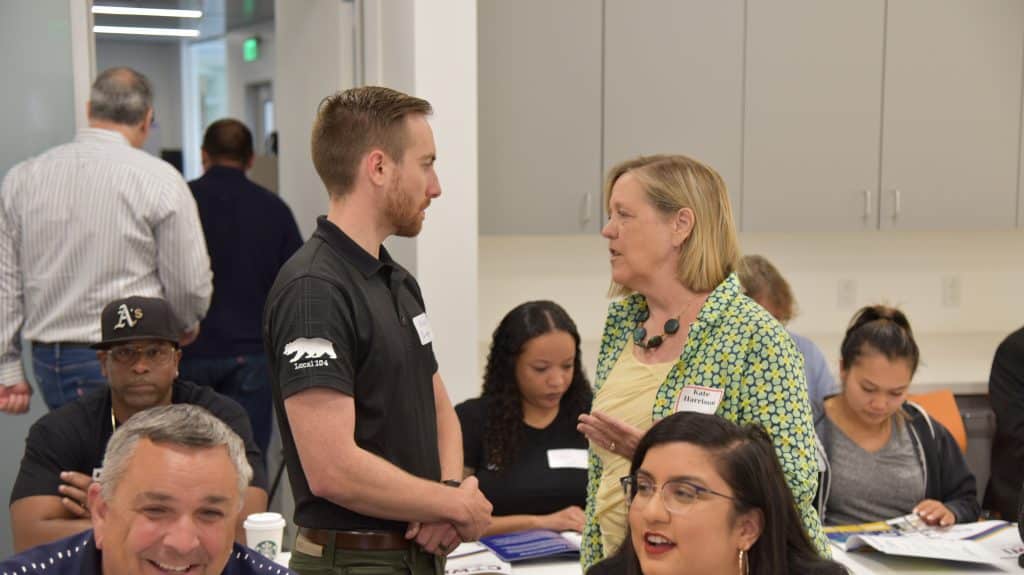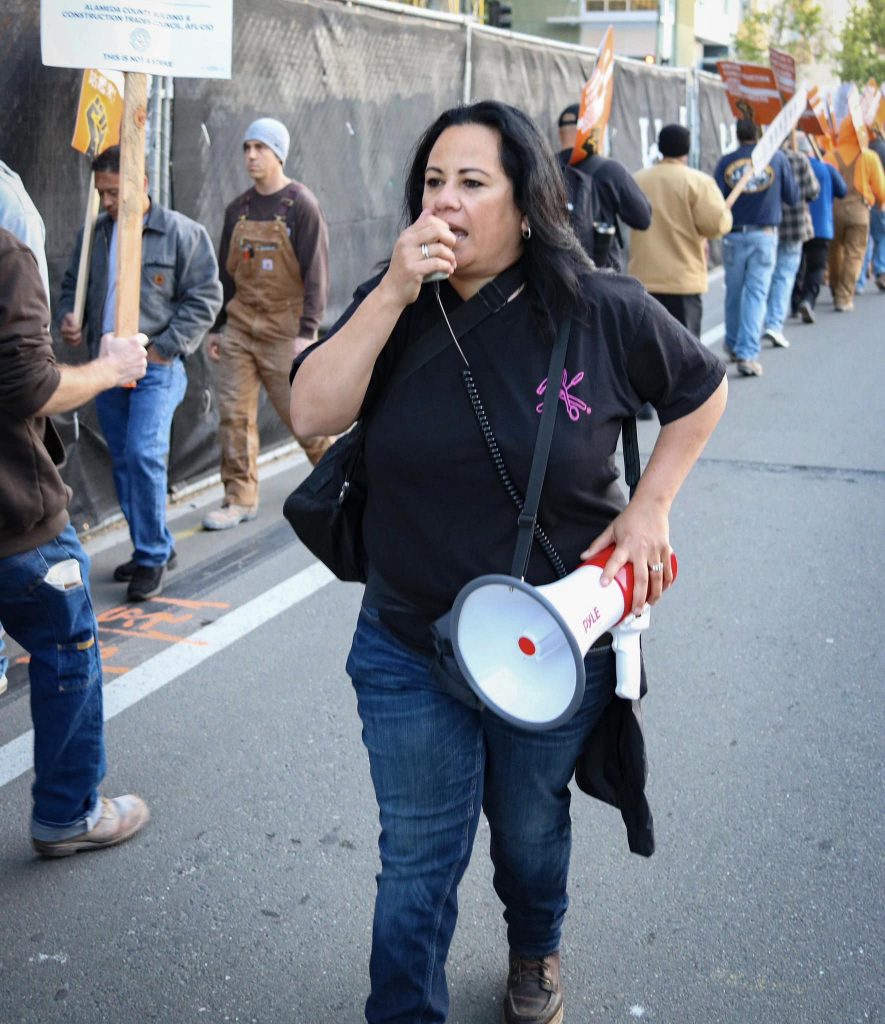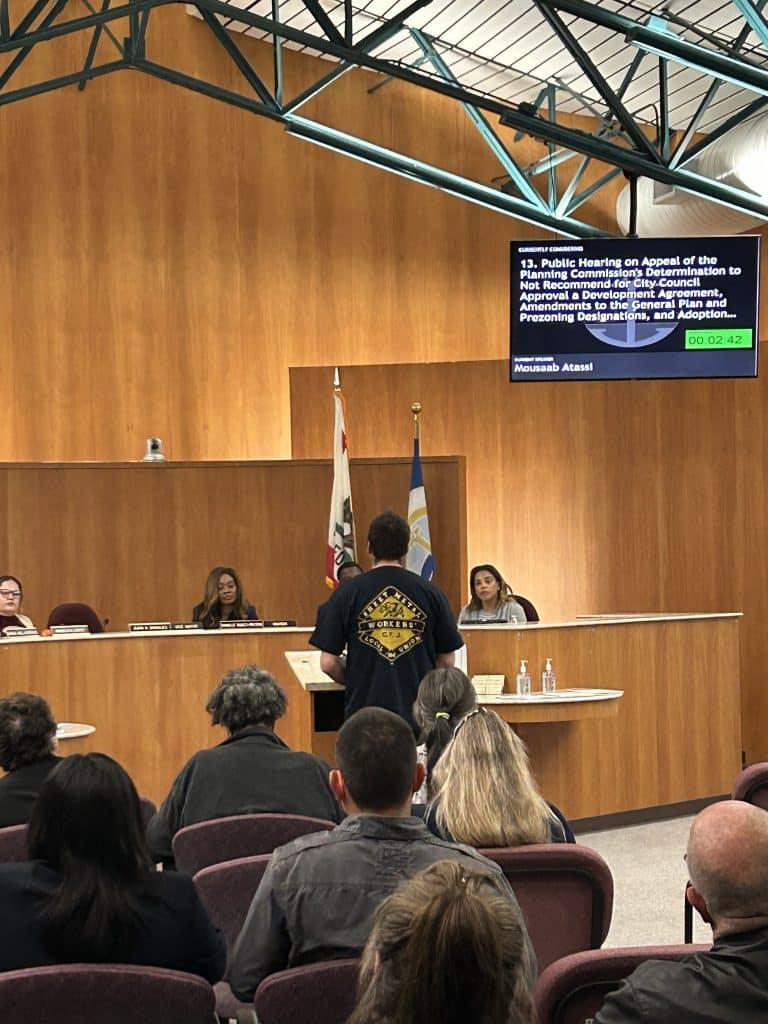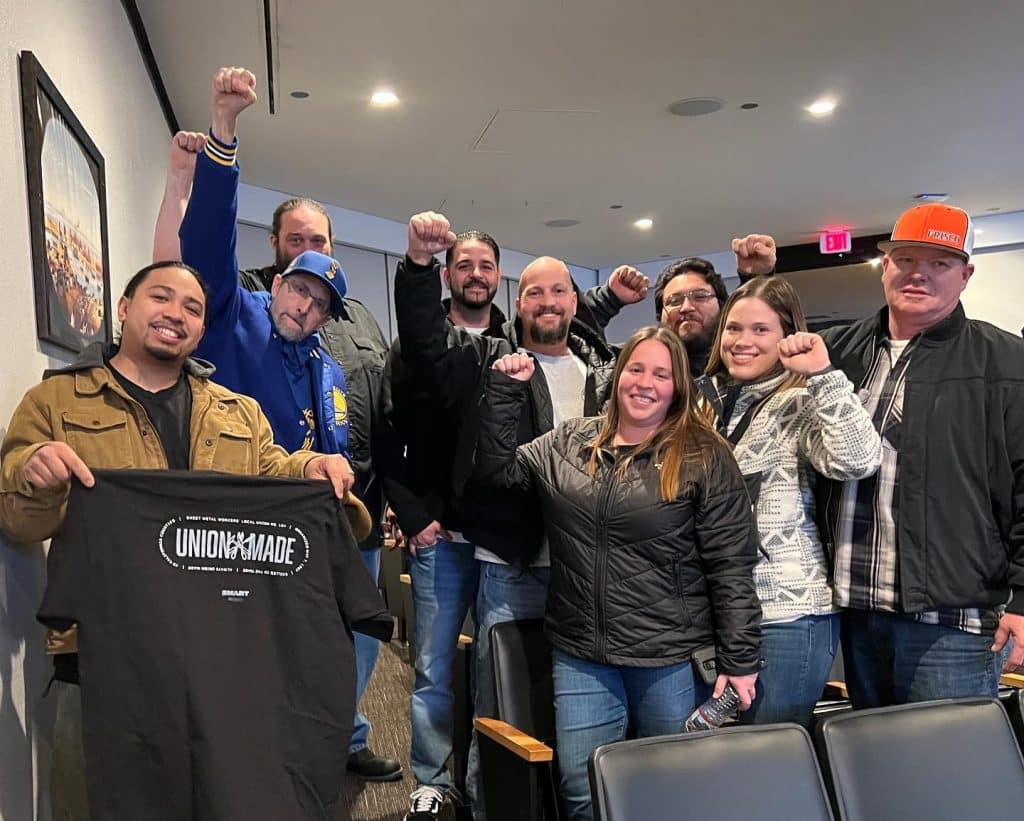SMART Local 104 and the Bay Area Industry Training Fund hosted the Western States Apprentice Contest on July 18-19, 2025, at its Livermore, California, training center. Sixteen apprentices from five locals participated in the first contest in the region since 2011. Another first: the addition of the project management category, which made its debut for the first time at any regional contest.
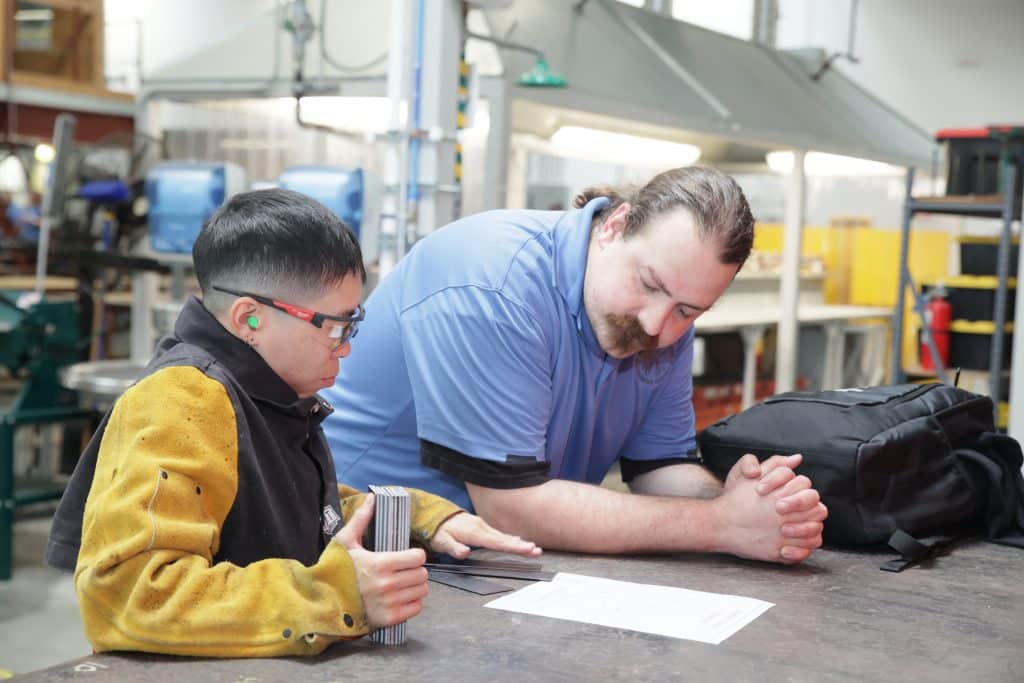
California, Nevada, Arizona and Hawaii make up the SMART Western States Region, and apprentices and coordinators from Local 104, Local 105 in Southern California, Local 206 in San Diego, Local 359 in Phoenix, Arizona, and Local 26 in Sparks, Nevada, were represented at the contest. Each training program was allowed to send one competitor per 300 apprentices.
The competition projects were divided into four categories: architectural, HVAC, industrial/welding and project management, which tested apprentices on their organizational skills and attention to detail in a leadership position.
To compete, apprentices worked long days designing a gutter system, fabricating and installing a duct system, and performing field verification and site measurement. Working side by side, then decompressing together after tasks, they were forging connections with other future industry leaders.
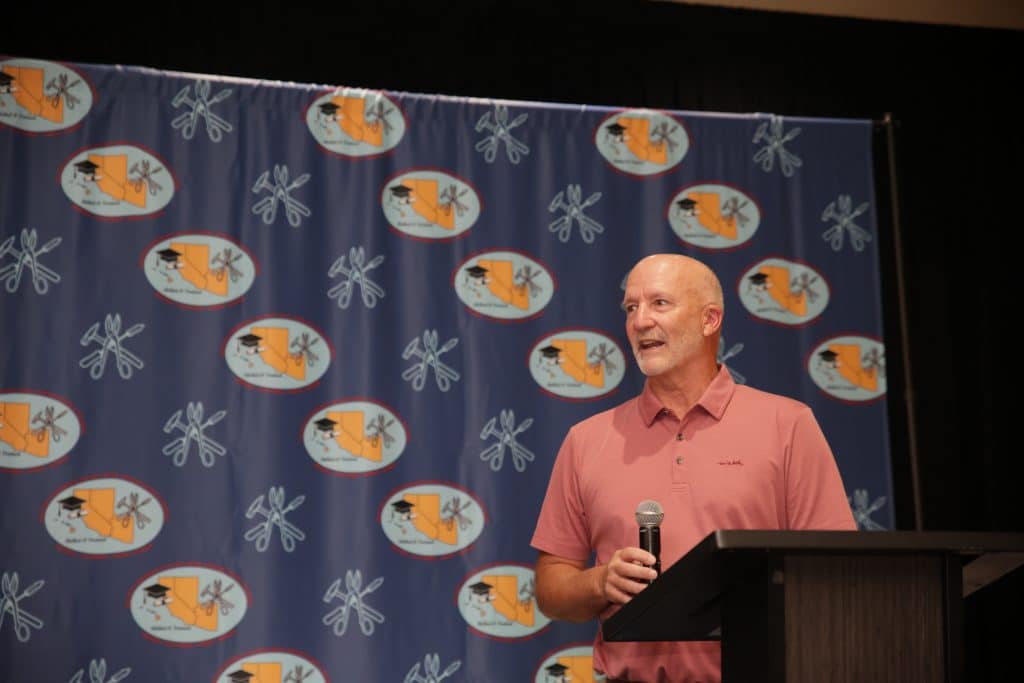
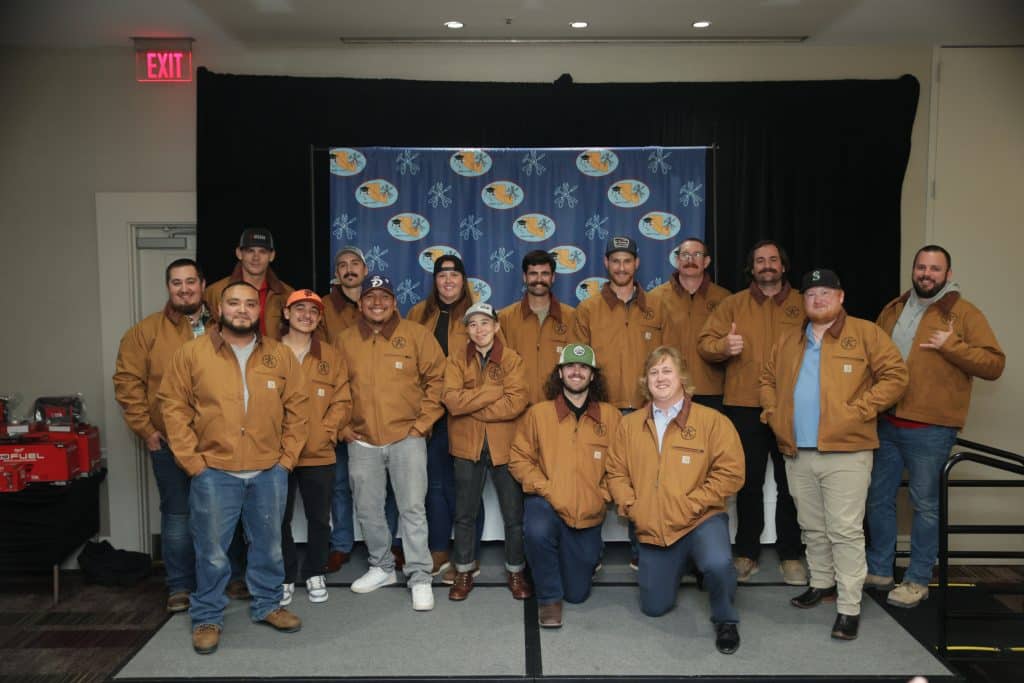
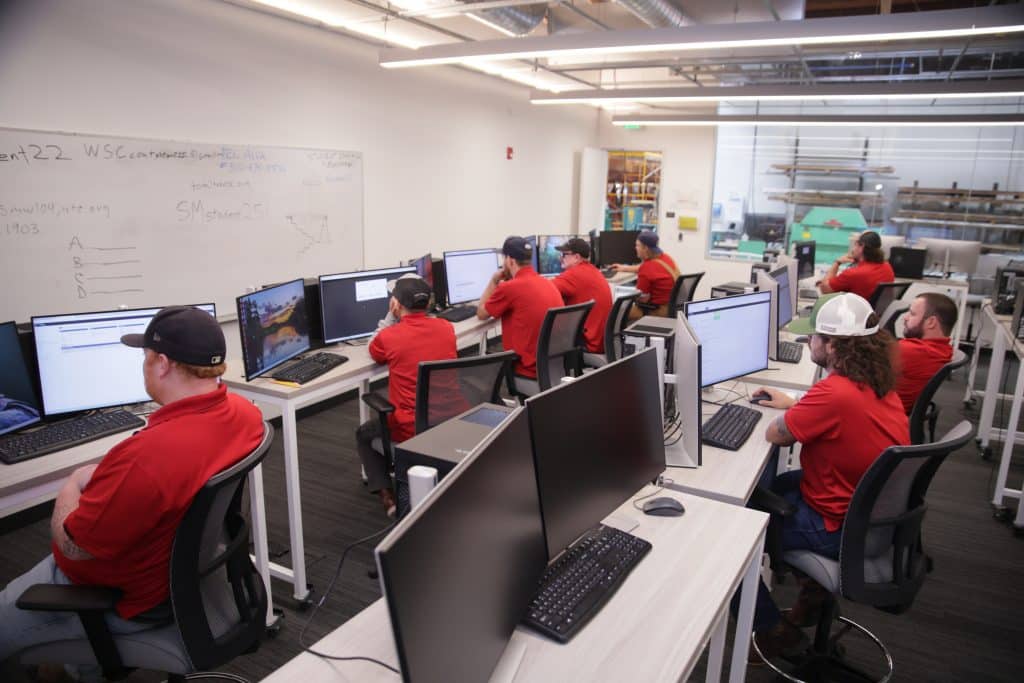
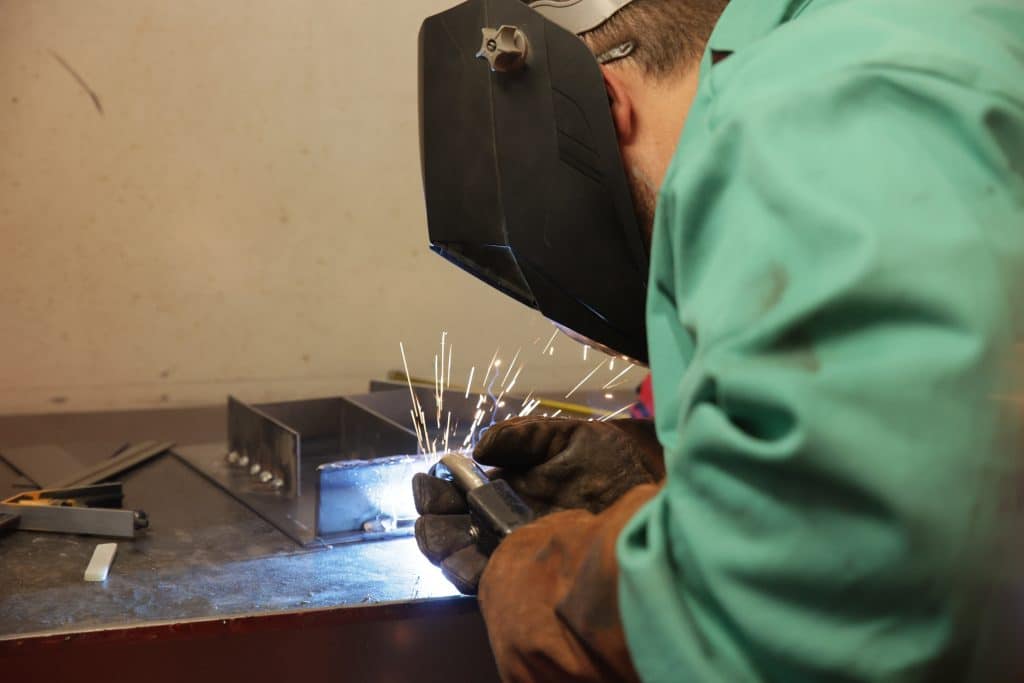
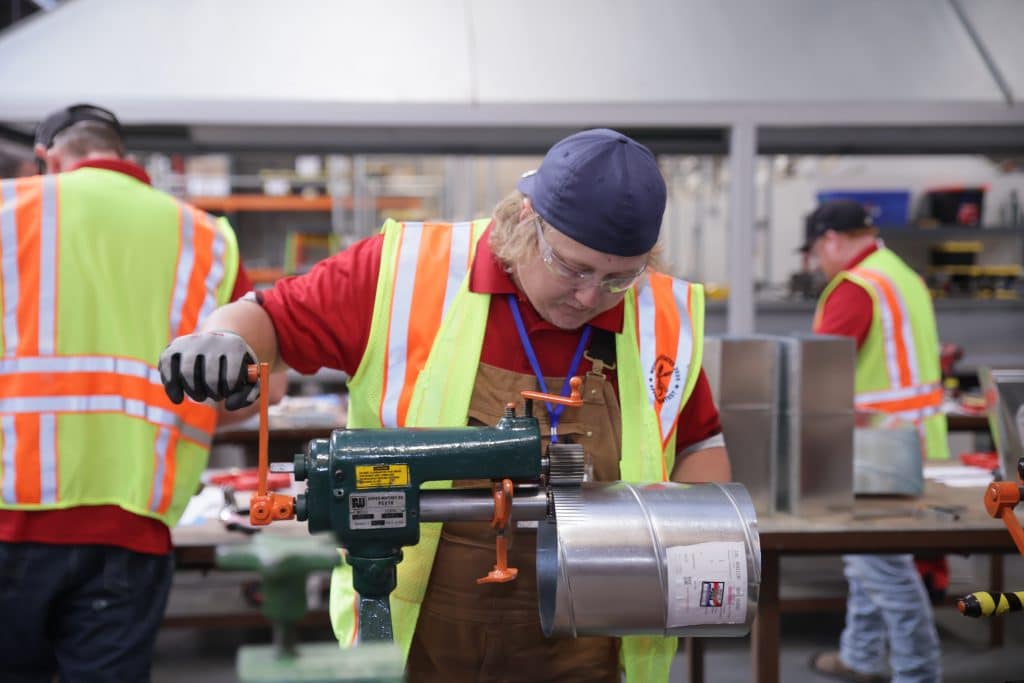
In the new project management category, Austin Cummings, a third-year apprentice at Local 105, placed first, with Alex Giroux of Local 104 earning second place and Rebecca Suen of Local 104 placing third.
In the architectural category, Esteban Mercado, a third-year apprentice at Local 104, took first place, and there was a three-way tie for second place: Trevor Baker of Local 104, along with Dillon Uhern and Richard Morrison, both of Local 105. Giroux came in third.
In the HVAC category, there was a tie for first place between Mercado and Morrison. Baker took second, and Uhern came in third.
For the industrial/welding category, Uhern took first place with Suen in second and Tristan Haynes of Local 104 in third place.
Scores from all categories were combined to award the overall winners, and the honor of first place overall went to Morrison, with Cummings in second place and Uhern in third.
“Coming out of it, I thought I did all right but didn’t expect this,” Morrison said. “I prayed a lot.”
After years with no regional contest, this one came together thanks to an apprentice contest grant from the International Training Institute (ITI). Milwaukee Tool, a longtime partner with the sheet metal industry, generously donated an array of prizes.
Tim Myres, administrator for Sheet Metal Workers’ Local 104 and Bay Area Industry Training Fund, was a driving force behind restarting this contest, and training coordinator Nate Vennarucci and instructor Ben Alva, both from Local 104, put in the work to create and test the projects used in the contest, a process that began in October 2024.
Jason Ferguson, ITI field representative, was on hand to support the event and meet face-to-face with coordinators. He said the sense of accomplishment you feel as an instructor or coordinator, watching your apprentices succeed, is even greater than winning yourself.
“These apprentices are your future leaders, and today they’re getting to know others in the industry,” Ferguson said. “Intentional or not, they’re collaborating, they’re strengthening those relationships.”
